REGIONAL PROSECUTORS’ BEST PRACTICES MEETING

Location: St. Louis, MO
Attending: Arizona, Illinois, Kansas, Michigan, Minnesota, Missouri, South Dakota, Wisconsin.


Location: St. Louis, MO
Attending: Arizona, Illinois, Kansas, Michigan, Minnesota, Missouri, South Dakota, Wisconsin.
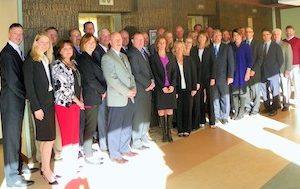
Location: Phoenix, AZ
Attending: Arizona, California, Colorado, Idaho, Illinois, Kansas, Michigan, Minnesota, Missouri, Ohio, South Dakota, Utah, Washington, Wisconsin.

Location: Boston, MA
Attending: Arizona, California, Colorado, Illinois, Indiana, Maine, Maryland, Massachusetts, Minnesota, Missouri, New York, North Carolina, Ohio, Pennsylvania, South Carolina, Tennessee, West Virginia, and Virginia.
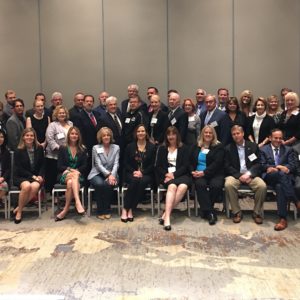
Location: Minneapolis, MN
Attending: Alabama, Arizona, California, Hawaii, Idaho, Illinois, Iowa, Kansas, Kentucky, Massachusetts, Michigan, Minnesota, Missouri, Nebraska, New York, North Carolina, Rhode Island, Tennessee, Utah, Virginia, Washington, Wisconsin.
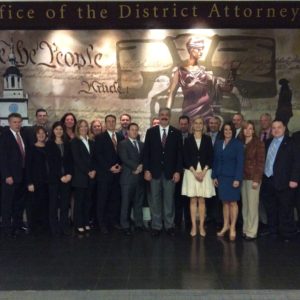
Location: Philadelphia, PA
Attending: Connecticut, Delaware, Massachusetts, New York, Pennsylvania, Rhode Island, South Dakota, Vermont.
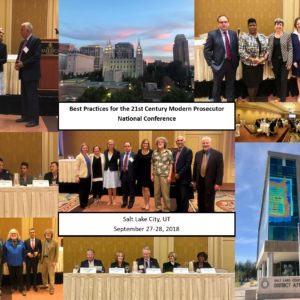
Location: Salt Lake City, UT
National Conference sponsored by the Salt Lake County District Attorney’s Office and Prosecutors’ Center for Excellence.
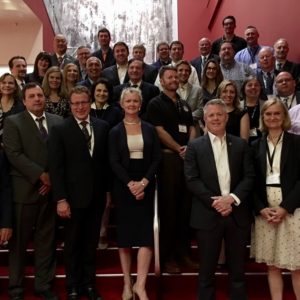
Location: Spokane, WA
Attending: Arizona, California,Colorado, Hawaii, Idaho, Iowa, Kansas, Kentucky, Louisiana, Maryland, Massachusetts, Minnesota, Nebraska, New York, Ohio, Oklahoma, Oregon, South Dakota, Tennessee, Virginia, Utah, Washington
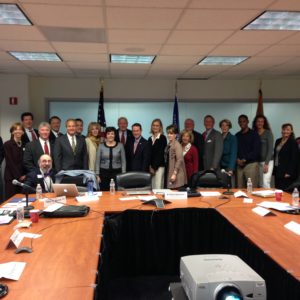
Location: Washington, D.C.
Attending: Louisiana, Maryland, New York, North Carolina, South Carolina, Tennessee, Virginia, Association of Prosecuting Attorneys (APA), National District Attorneys Association (NDAA), US Department of Justice, Washington DC US Attorneys Office, Bureau of Justice Assistance.

Location: Washington, D.C.
Attending: Arkansas, Connecticut, Delaware, Louisiana, Maryland, Missouri, New York, North Carolina, Oklahoma, Pennsylvania, Rhode Island, South Carolina, Tennessee, Vermont, Virginia, National District Attorneys Association (NDAA), Association of Prosecuting Attorneys (APA), Department of Justice, Washington DC US Attorneys Office, Bureau of Justice Assistance.
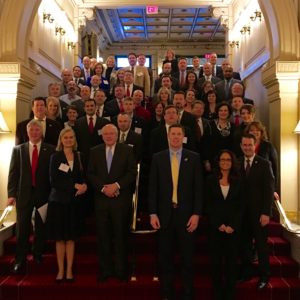
Location: Washington, D.C.